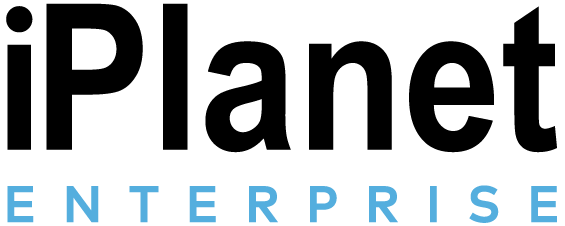If you’re heading the Computer Science department in an engineering college today, you’re likely balancing a number of expectations: students want jobs, parents want placements, and your faculty wants to stay current but not overwhelmed.
The problem? The traditional curriculum, while foundational, doesn’t always bridge the gap between what’s taught and what the industry actually needs. And we’re not just talking about the buzzwords like AI or cloud — we’re talking about hands-on skills, modern tools, and project outcomes that reflect how real-world tech teams work.
This is where Apple’s AATCe (Apple Authorized Training Center for Education) program comes in — not as a shiny badge, but as a practical layer you can add to your existing system.
Let’s break down what it is, and why you, as a CS HoD, should care.
Apple’s Curriculum Is Built Around Doing — Not Just Knowing
Apple’s AATCe certifications are structured around real-world, project-based learning. These aren’t just modules to complete — they’re designed to get students building actual things.
Take the App Development with Swift certification. It teaches students how to go from idea to working mobile app. Along the way, they learn:
- How to design user interfaces (a skill most CS grads sorely lack)
- How to write clean, readable code
- How to debug and test
- How to publish and present
And it’s not all theory — each student completes capstone projects that are equivalent to what early-stage startups build. It’s exactly the kind of portfolio that catches the eye of employers.
For many of us who studied engineering in the 90s or early 2000s, this kind of hands-on learning simply didn’t exist. It’s the kind of skill set we wish we had back then.
AATCe Isn’t Another Burden. It’s a Plug-In.
As an HoD, your first thought might be:
“This sounds great, but who’s going to run it? I don’t have extra faculty bandwidth.”
That’s where the model makes sense. AATCe programs are meant to co-exist with your current academic calendar. They can be offered as elective certifications, weekend modules, or summer intensives. Apple-approved content is provided, and iPlanet (Apple’s education partner) helps set up everything:
- Training labs (iMacs or iPads, depending on the course)
- Faculty enablement
- Student onboarding
- Certification management
What you get is a professional setup that doesn’t derail your internal faculty. In fact, it upskills your team — faculty who complete the training can become Apple-certified instructors.
Where Students Win — And You Do Too
Let’s be honest: engineering students today are smart, but they’re also distracted. If your department can offer them something practical, industry-backed, and cool — it’ll make a mark.
AATCe-trained students graduate not just with a degree, but with:
- Projects that can be demoed to recruiters
- Certifications that go on resumes and LinkedIn profiles
- Hands-on familiarity with modern development workflows
And for your department? It’s a win.
- Your placement stats look better
- Your labs get upgraded
- Your department becomes known for progressive, industry-aligned learning
This Isn’t Just for Product Companies
Another common myth is that certifications like Swift are only useful if a student wants to join an iOS app company.
Not true. The coding, design, and problem-solving skills picked up in these courses are relevant for:
- Software development roles (front-end, full stack, mobile)
- Product design internships
- UI/UX project work
- Freelance gigs and startup ideas
And students don’t need to be iPhone users or own a Mac. The labs at college (set up by iPlanet) are fully equipped. It’s not about the brand — it’s about building real things.
Why This Matters Now
In a world where most engineering graduates apply with near-identical resumes, having a few standout projects and certifications makes a real difference. As a CS HoD, you’re always looking to give your students an edge. The AATCe program does just that — in a structured, supported, and outcome-oriented way.
If you’re curious about what it would take to get this running at your college, talk to the team at iPlanet. They’ve already helped over 50 institutions set this up across India, and they’ll walk you through the process — from faculty training to lab setup to certification logistics.
No jargon. No pressure. Just a meaningful upgrade to what you’re already doing.




